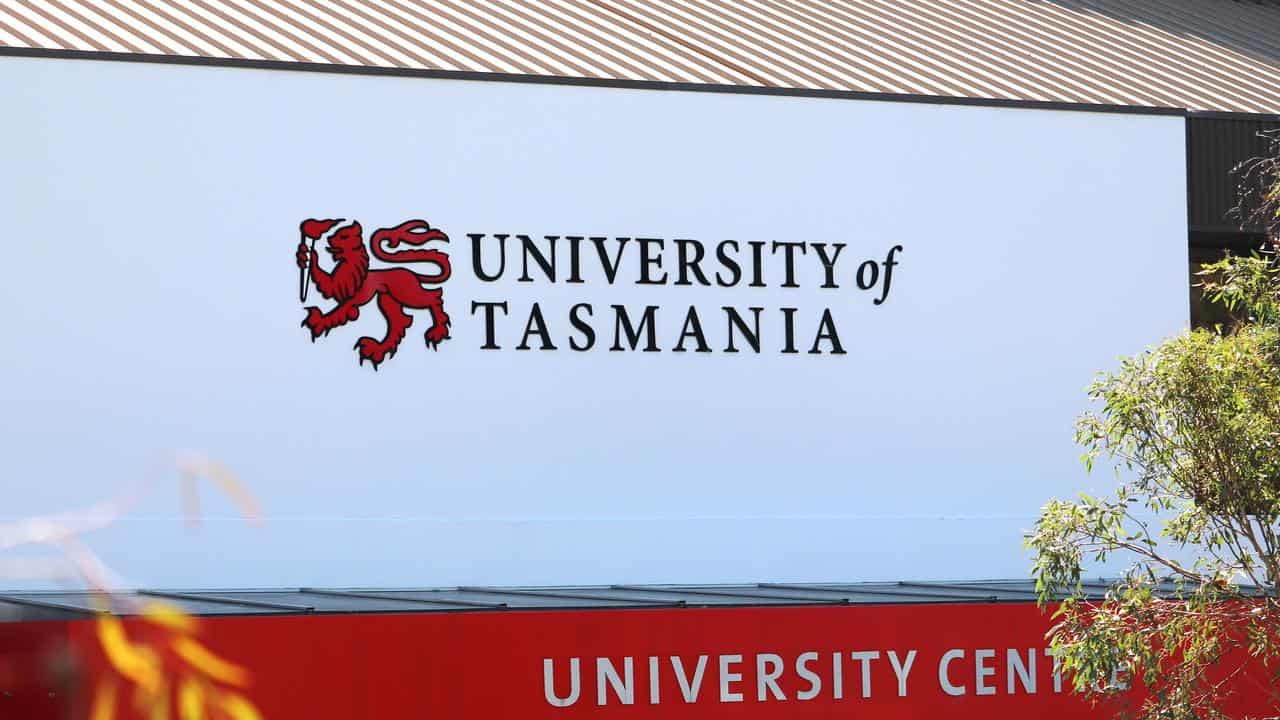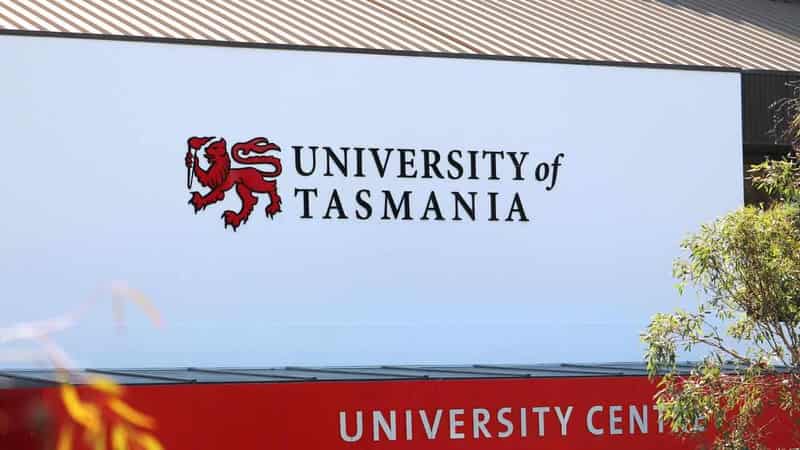
A major university that collected body parts from almost 150 coronial autopsies over decades may have done so without the consent or knowledge of families.
The University of Tasmania's RA Rodda Museum of Pathology advised the state coroner's office in 2016 it might have specimens from coronial autopsies.
In a statement on Wednesday, the coroner's office said the existence of the specimens had been confirmed and had been formally reported under provisions of the coronial act.
"The coroner has now commenced a formal investigation," the statement said.
"Initial records provided indicate that the collection of specimens began in 1953 and ceased in 1985 and relate to 147 persons.
"It is unclear whether this occurred with the knowledge or consent of family members."
The museum was established in 1966 by pathology professor Roland Arnold Rodda as a teaching and research facility.
It specialises in diseased organs from samples collected primarily through autopsies and surgical specimens from the years soon after it was established, the museum's website says.
The collection totals about 2700 items and every organ system of the body is represented.
It is housed at a building of the university's school of medicine in the Hobart CBD.
University of Tasmania deputy vice-chancellor Ian Anderson said the specimens in question were not on display and were stored safely.
"We welcome the coroner’s formal investigation of these matters and will continue to collaborate and support the office’s work," Professor Anderson said.
The coroner's office was contacted for further comment but a spokeswoman said it was not appropriate to provide more information while the investigation was under way.









